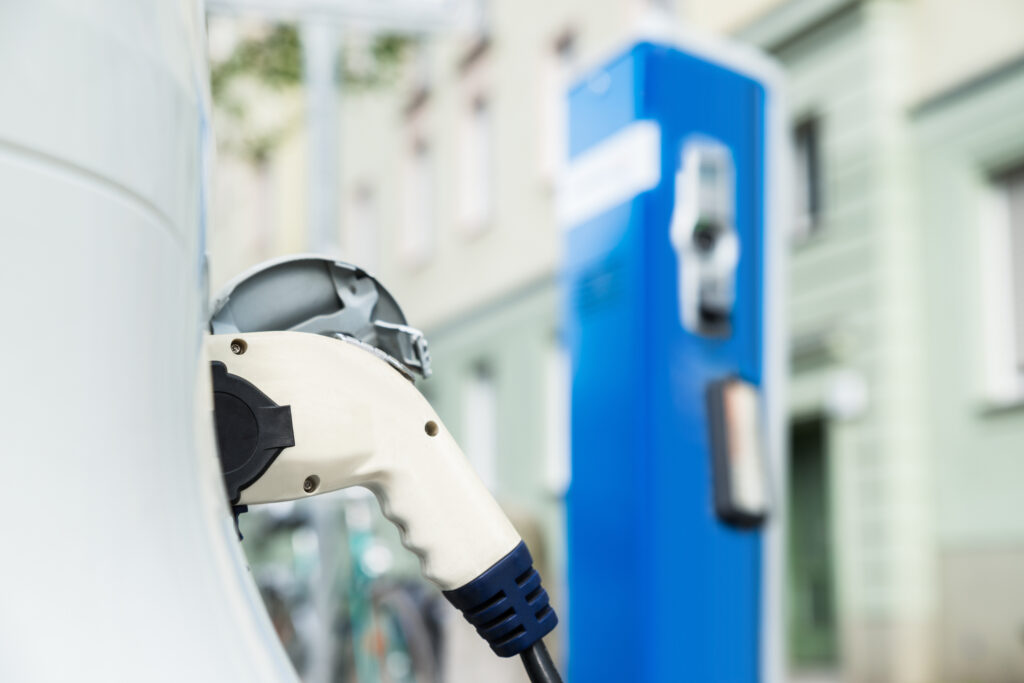Large-scale deployment of EVs is being curbed by a lack government support for charging infrastructure, as well as high production and purchase costs.
In a new report, the Aldersgate Group has set out a series of policy suggestions for cutting transport emissions, which have largely remained the same since 2008 and now make transport the largest carbon-emitting sector in the UK.
The report concluded that more support is needed from the government to build up charging infrastructure across the country, as well as to enable individuals and businesses to switch to EVs when initial costs are higher than traditional vehicles. In a survey of 507 fleet managers, 82% said they’d be more likely to incorporate EVs into their fleet if there was improved charging infrastructure in place.
However, it’s not simply infrastructure that’s putting people off investing in an EV. More and more, the word interoperability is being presented as a vital component to attracting more consumers to electric vehicles. Calling on the government to “make full use of its powers”, the Aldersgate Group highlighted interoperability as a priority for increasing EV uptake. The REA has similarly emphasised the importance of prioritising interoperability if the industry is to continue expanding.
Smart grid solutions which use physical grid reinforcements and smart charging alongside vehicle-to-grid technology will also play a role in the future of EVs, the report says, with the ability to provide greater capacity and offer “substantial” cost savings. Trials and deployment of smart grid solutions should continue to be financially and technically supported through Innovate UK.
One of the themes running through the report is a need for greater government support across the EV sector. Plug-in car grants must continue until EVs reach cost parity, predicted to be 2024, and tax regimes including the Company Car Tax, VAT, and support schemes must all be aligned to promote purchasing of EVs to support fleets and business sales, according to the report.
Other suggestions for cutting transport emissions included in the report were hydrogen fuel cell vehicles, which the government plans to introduce to the UK rail network as early as 2022, and electrified roads for charging EVs as you drive.
Greater decarbonisation of the manufacturing process will also need to occur, the report suggests, with an estimated 46% of the lifecycle emissions of battery EVs coming from the production phase. In addition, the UK must take the lead in manufacturing zero emission vehicles.
Nick Molho, executive director of the Aldersgate Group, said the UK cannot afford to fall behind other countries.
“The government must commit to long-term financial and regulatory measures that will grow that market, such as through predictable purchase grants and tightening vehicle emission standards,” He added.





